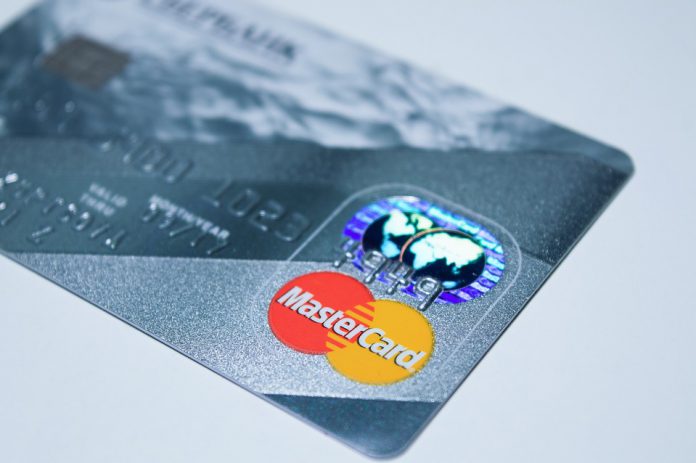With the potential threat of identity theft increasing, Mastercard is looking to use blockchain as a way to protect identity data.
Mastercard said a semi-private or private blockchain would be used to receive and store identity data according to an application released by the US Patent and Trademark Office (USPTO) last week.
The pieces of could include a name, a street address, tax identification number and more. The company states in the filing, which was originally submitted in September 2017, that the application of blockchain could help it block the use of fake identity data within its systems.
Traditionally, proof of identity has come via government identification, credit cards, business cards, correspondence etc. However, in these instances, the provided proof may be inaccurate or maybe entirely fabricated according to Mastercard.
“Thus, there is a need for a technical solution to provide for the immutable storage of identity and credential data,” the payments giant added.
“The use of a blockchain for the storage of identity and credential data may provide for an immutable storage of such data that can provide an accurate verification thereof and also prevent the fabrication of such data.”
The proposed system would generate a data file for each entity, which would be associated with a public key and a ‘geographic jurisdiction.’ These entities would be “subordinate,” while a “superior” entity would impose a digital signature on their data files. A “hashing module of the processing server” would subsequently generate an “identity value” for each entity and create a block with a timestamp and a record of the most recent block added to the blockchain.
Mastercard’s proposed network would only allow certain nodes to submit data. These authorised nodes would act to “prevent the addition of data that may compromise the accuracy of the data stored therein,” per to the application.
Earlier this year, RegTech startup Velix.ID, which is using blockchain to enable frictionless identity verification, announced plans for a token sale. Velix.ID aims to resolve a host of issues by building a universal, obscure, transparent, decentralised, time-efficient, and cost-efficient ecosystem for identity verification.
Dominode also secured $1.3m in funding to develop a suite of solutions to protect, secure and authenticate digital identity. Dominode’s solution leverages blockchain, smart contracts and crypto technologies to authenticate digital identity for professionals and businesses operating in regulated industries. It is designed to maximize security, privacy, and portability of digital assets that are validated and supported by proof of assertion documents.
Copyright © 2018 RegTech Analyst






